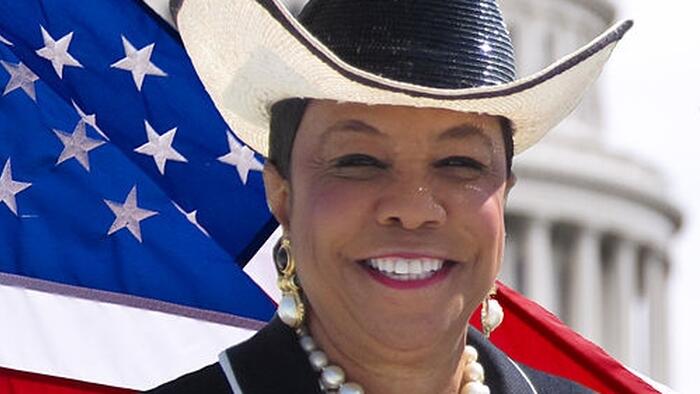Main Point:
Some Democratic politicians are using intense, confrontational language to motivate supporters, which critics argue could unintentionally encourage political violence. The article also clarifies details about a controversial immigration law.
Key Details:
- Aggressive Political Rhetoric:
- Examples of Statements:
- Rep. Frederica Wilson (Florida): Called for an “uprising,” urging people to protest in the streets and “threaten” Congress to demand change.
- Rep. Maxine Waters (California): Declared, “We are here to fight back.”
- Sen. Cory Booker (New Jersey): Told supporters to “rise up” and “fight.”
- Criticism: Critics worry this language might inspire violence, especially as political tensions rise.
- Examples of Statements:
- The Laken Riley Act:
- What It Does: Allows stricter penalties for undocumented immigrants convicted of crimes like theft, assaulting police, or causing serious harm (e.g., drunk driving).
- Misunderstanding Clarified:
- Wilson claimed it could lead to arrests for minor offenses like jaywalking.
- Reality: The law doesn’t apply to petty crimes—only serious offenses.
- Why It’s Important:
- Words Matter: Passionate speeches can energize voters but may also escalate conflict. The article compares this to “lighting a match near gasoline” in a divided society.
- Immigration Debate: The Laken Riley Act highlights disagreements over how to handle undocumented immigrants, with 12 Democrats supporting it despite party divisions.
Simplified Takeaways:
- For Voters: Political leaders’ words can have unintended consequences. Extreme language might inspire action but also risk violence.
- On Immigration: Laws like the Laken Riley Act are complex—details matter, and misinformation can spread quickly.
Visual Aid Idea:
Imagine a protest sign that says “FIGHT FOR CHANGE!” While the message is about justice, someone might interpret “fight” literally. The article warns leaders to choose words carefully.
Did You Know?
The article notes that political “rage rhetoric” isn’t new—it’s been part of U.S. politics since the 1800s, but today’s social media amplifies its impact.
